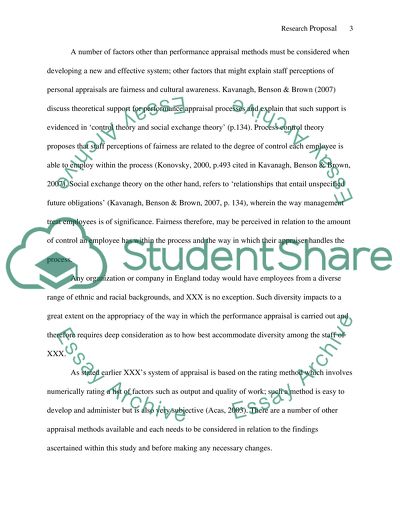Cite this document
(“Research Proposal Paper Example | Topics and Well Written Essays - 2000 words”, n.d.)
Retrieved from https://studentshare.org/family-consumer-science/1415458-research-proposal
Retrieved from https://studentshare.org/family-consumer-science/1415458-research-proposal
(Research Proposal Paper Example | Topics and Well Written Essays - 2000 Words)
https://studentshare.org/family-consumer-science/1415458-research-proposal.
https://studentshare.org/family-consumer-science/1415458-research-proposal.
“Research Proposal Paper Example | Topics and Well Written Essays - 2000 Words”, n.d. https://studentshare.org/family-consumer-science/1415458-research-proposal.


